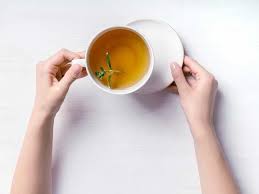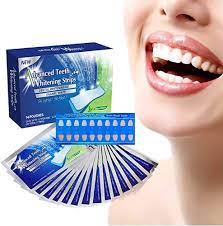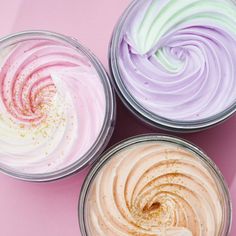Experts Reveal the Best Tea for Headaches That Soothe Pain Naturally

Headaches can be a real nuisance, hindering your ability to focus, relax, and enjoy daily life. While over-the-counter medications are commonly used to alleviate headache pain, experts have started to shed light on more natural remedies, such as the soothing power of tea. With a plethora of options available, finding the best tea for headaches can be crucial in your journey towards natural pain management.
Herbal teas hold a special place in the world of natural headache remedies. Their calming properties and ability to ease tension make them a favorite among those who prefer a natural approach. One of the top teas that experts recommend for headaches is ginger tea. Known for its anti-inflammatory properties, ginger can help reduce the inflammation that contributes to headache pain.
Peppermint tea is another herbal tea that experts suggest for headache relief. Its active ingredient, menthol, is known for its cooling effect and ability to relax muscles. This is particularly beneficial when tension headaches strike, offering a refreshing and soothing experience.
Chamomile tea is prized for its ability to reduce anxiety and promote relaxation, which can be very beneficial if your headaches are stress-related. The compounds found in chamomile interact with your brain in a similar way to anti-anxiety medications, but without the side effects.
Another herbal tea recommended by specialists is feverfew tea. Traditionally used as a medicinal herb to treat migraine headaches, its potential benefits include easing headache symptoms and frequency. However, feverfew should be approached with caution as it may not suit everyone and could interact with certain medications.
Green tea is often touted for its myriad health benefits due to the presence of antioxidants and catechins. For those suffering from headaches, green tea can provide mild caffeine content which helps in relieving head pain by improving blood flow; however, it’s essential not to consume too much if you are sensitive to caffeine’s effects.
It’s important to remember that while these teas may offer relief from headache pain, they are not cure-alls and should not replace professional medical advice or treatments prescribed by healthcare providers. Moreover, individual experiences may vary; what works for one person may not work for another.
In conclusion, when opting for natural headache relief methods, such as consuming herbal teas like ginger, peppermint, chamomile, feverfew or green tea can be an excellent choice. Their ability to ease inflammation, relieve muscle tension and promote relaxation may serve as an effective complement or alternative to other forms of treatment. Remember to consult with a healthcare professional before making significant changes to your health regimen or introducing new herbal remedies into your diet.






